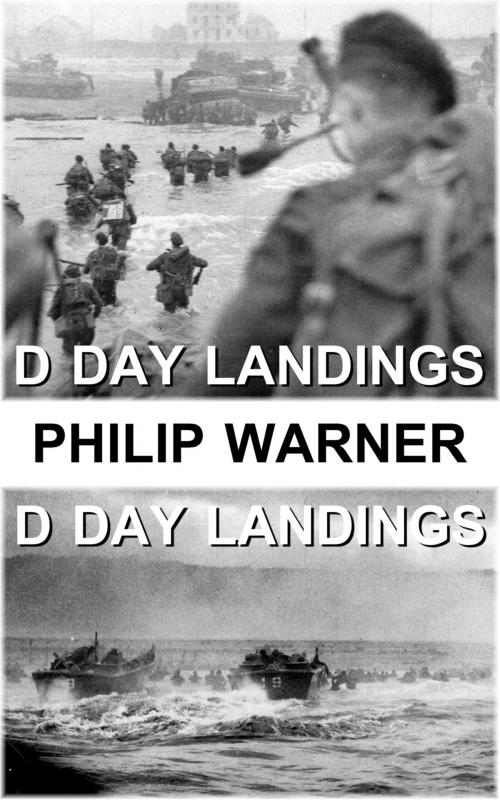| Author: | Phillip Warner | ISBN: | 9781859594636 |
| Publisher: | Class Publishing | Publication: | December 15, 2009 |
| Imprint: | Class War | Language: | English |
| Author: | Phillip Warner |
| ISBN: | 9781859594636 |
| Publisher: | Class Publishing |
| Publication: | December 15, 2009 |
| Imprint: | Class War |
| Language: | English |
On 6th June 1944 there took place the greatest seaborne invasion in the history of mankind. The Allies, who had been planning and preparing for that day for over four years, launched a massive assault on the northern shore of France. It was on a scale which is never likely to be repeated, for the development of weapons of mass destruction has made it unlikely that such a large, vulnerable concentration of force would ever be assembled again. In a war which saw one massive military action after another the blitzkrieg, the German invasion of Russia, Stalingrad, the Italian campaign D Day stands supreme. It has been celebrated as a triumph of planning, of international co-operation, of combined operations, of political foresight. In this maelstrom of analysis, self-congratulation, and euphoria one fact seems to have been glossed over. It was made possible by the ordinary man. Much of this book consists of the recollections of these unassuming men. They found themselves on that day and the succeeding days in extraordinary situations, performing deeds of which they did not even know they were capable, and which in retrospect seem so fantastic as to be scarcely believable. For the facts of D Day are that it was such an enormous and unique occasion that even though a man had been a soldier, sailor or airman most of his adult life and had exercised his skills in similar though lesser events, the assault was on such a scale that it made everyone a novice, whether general or private, whether pilot flying high over the battlefield or private crawling over it and digging in.
On 6th June 1944 there took place the greatest seaborne invasion in the history of mankind. The Allies, who had been planning and preparing for that day for over four years, launched a massive assault on the northern shore of France. It was on a scale which is never likely to be repeated, for the development of weapons of mass destruction has made it unlikely that such a large, vulnerable concentration of force would ever be assembled again. In a war which saw one massive military action after another the blitzkrieg, the German invasion of Russia, Stalingrad, the Italian campaign D Day stands supreme. It has been celebrated as a triumph of planning, of international co-operation, of combined operations, of political foresight. In this maelstrom of analysis, self-congratulation, and euphoria one fact seems to have been glossed over. It was made possible by the ordinary man. Much of this book consists of the recollections of these unassuming men. They found themselves on that day and the succeeding days in extraordinary situations, performing deeds of which they did not even know they were capable, and which in retrospect seem so fantastic as to be scarcely believable. For the facts of D Day are that it was such an enormous and unique occasion that even though a man had been a soldier, sailor or airman most of his adult life and had exercised his skills in similar though lesser events, the assault was on such a scale that it made everyone a novice, whether general or private, whether pilot flying high over the battlefield or private crawling over it and digging in.















